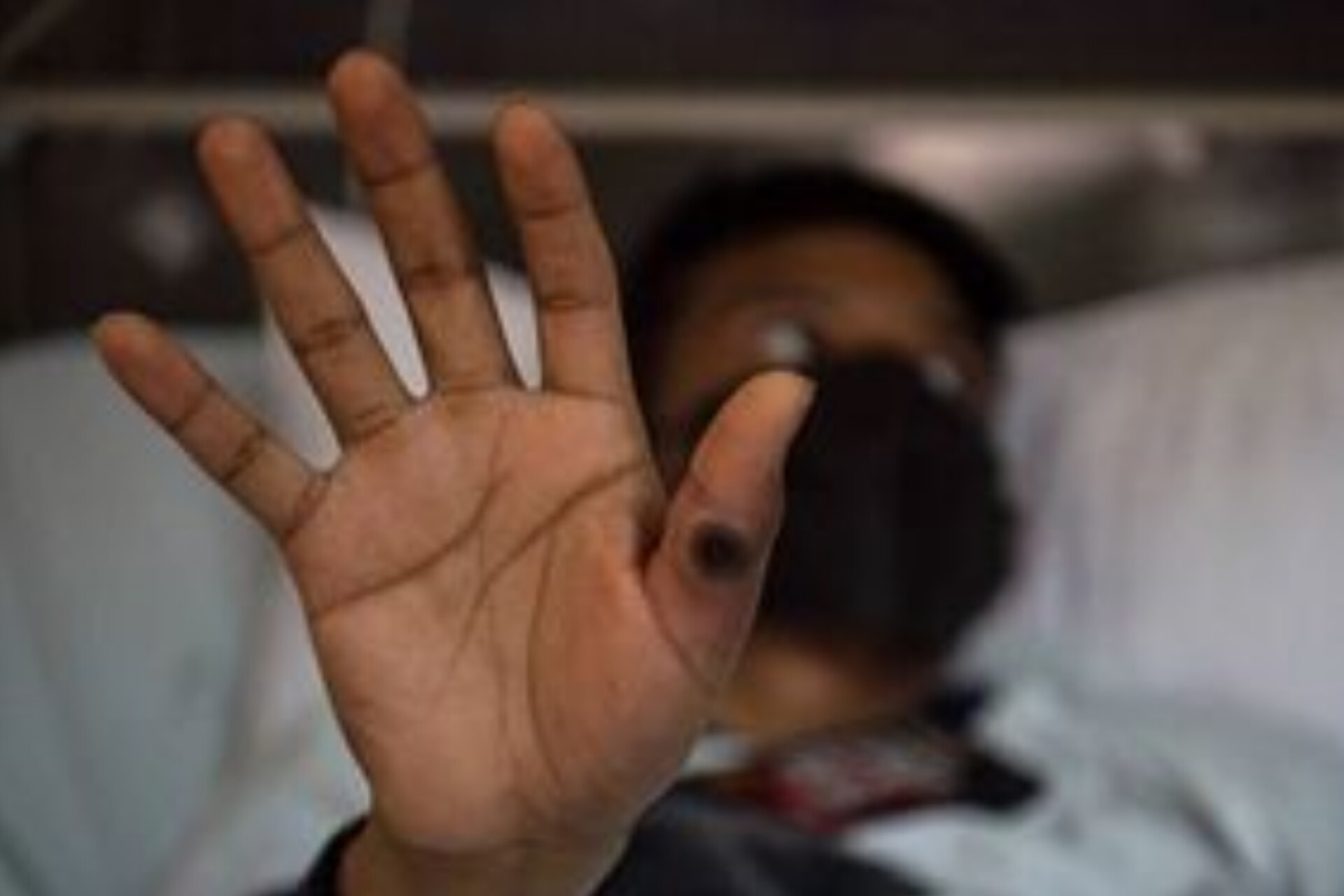The European Centre for Disease Prevention and Control (ECDC) on Friday raised its risk level for mpox, a day after global health officials confirmed the first infection with a new strain of the virus outside Africa, in Sweden.
The EU public health body’s head said there will be more imported cases of the new mpox strain in Europe in the coming weeks, though the risk of sustained transmission remains low.
The World Health Organization on Wednesday declared mpox a global public health emergency, its highest form of alert, following an outbreak in the Democratic Republic of Congo that had spread to neighbouring countries.
The global health body is due to host an emergency meeting on Friday to discuss ways to ensure fair global access to tests, treatments and vaccines for the virus, a leading official said.
Mpox, a viral infection that causes pus-filled lesions and flu-like symptoms, is usually mild but can kill. Two strains are now spreading in Congo – the endemic form of the virus, clade I, and a new offshoot called clade Ib.
The ECDC on Friday raised its risk level assessment for mpox to “moderate” from “low” for sporadic cases appearing in the EU, and asked countries to maintain high levels of awareness among travellers visiting from affected areas. The agency said the overall risk to the population had gone up from “very low” to “low”.
“Due to the close links between Europe and Africa, we must be prepared for more imported clade I cases,” its director Pamela Rendi Wagner said.
Pakistan also confirmed on Friday a case of the mpox virus in a patient who had returned from a Gulf country, though it was not clear whether it was of the new variant or of the clade that has been spreading globally since 2022.
Mpox transmits through close physical contact, including sexual contact, but unlike previous global pandemics such as COVID-19 there is no evidence it spreads easily through the air.



